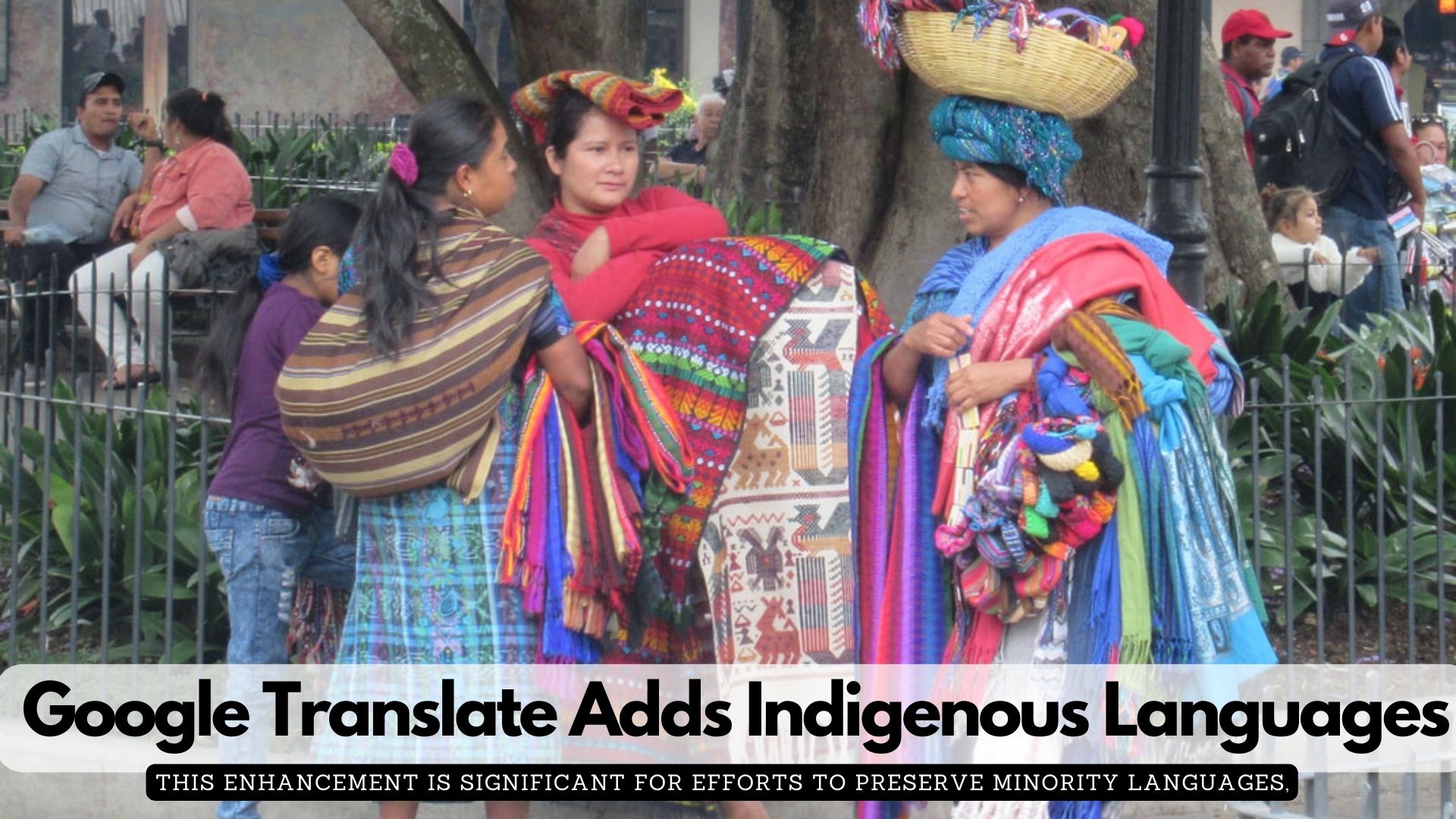By: Mario Lubetkin, FAO Assistant Director-General and FAO Regional Representative for Latin America and the Caribbean
Although the most recent evidence shows signs of improvement in food insecurity in Latin America and the Caribbean, the data reveal a worrying upward trend in Haiti and sectors of the subregion.
The situation in Haiti is particularly alarming: violence, a prolonged economic crisis, and extreme weather events have brought the country to a critical point with devastating consequences for its population. A further deterioration in acute food insecurity is projected between June and October 2024.
Haiti is the only country in the region that is considered to be in a major protracted food crisis, is one of nine countries in the world at risk of famine and is among the five countries with more than 10% of the population in Emergency. This translates into 1.6 million people with food consumption shortfalls, reflected in very high acute malnutrition and excess mortality that they can only mitigate through emergency livelihood strategies and liquidation of their assets. On the other hand, almost half of the population, about 5.5 million, could face high levels of acute food insecurity.
El Niño caused crop failures in 2023, and this year, forecasts warn of more intense hurricanes due to La Niña, which could cause flooding and landslides, causing additional damage to crops, livelihoods, and infrastructure.
The Food and Agriculture Organization of the United Nations (FAO), committed to supporting Haiti, is working intensively to mitigate the impacts of the humanitarian crisis through emergency agricultural assistance, strengthening livelihood resilience and specialized technical assistance while ensuring the nexus between humanitarian response, resilience, and development. FAO estimated it would require $42.6 million to assist 528,000 people, but it has received only 6% of the funding.
In 2023, FAO reached some 120,000 people across Haiti through emergency agricultural and livestock interventions to support local food production and sustain rural livelihoods. In 2024, FAO continued to provide emergency assistance in Haiti, focusing on food security and agricultural resilience amid global challenges, assisting 44,000 beneficiaries in various country departments.
In the face of increasing violence and food crises, the FAO calls on donors and governments to increase their support. Ten million dollars are needed to assist 80,000 people, ensuring the protection of their livelihoods, covering minimum food needs, and improving the availability and access to food for the most vulnerable households.
FAO appreciates the efforts of local authorities to stabilize the country through the appointment of Garry Conille as interim Prime Minister. We are confident that steps such as these will help Haiti embark on a normalization path, which could also improve food security for all its inhabitants.
The food insecurity situation in Haiti requires urgent and coordinated action. A rapid, effective response and the mobilization of the necessary resources will mitigate the impact of this crisis, support the vulnerable population, and help Haiti regain its path to food security and stability. Humanitarian aid must reach those who need it most. Only in this way can we ensure a better life for all, leaving no one behind.
